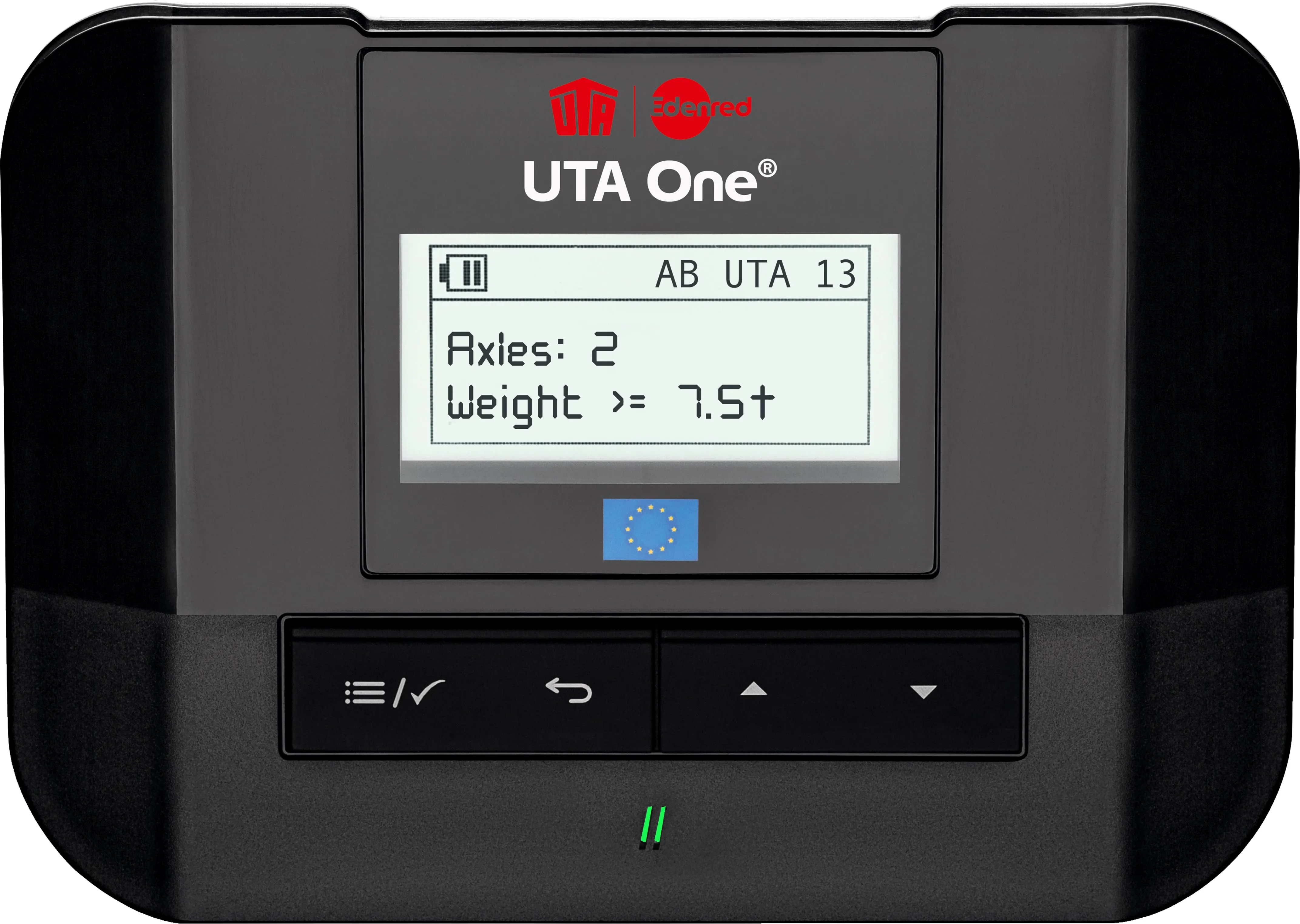Project CROCODILE, which was launched in 2013 to establish a trans-national data exchange infrastructure to end breakdown of cross-border traffic has won the 2016 Transport Achievement Award in the freight category. The prize is awarded by the International Transport Forum (ITF), a Paris-based intergovernmental organisation and policy think tank with 57 member countries.
The project is co-financed by the European Union’s TEN-T programme and aimed to establish a framework to collect and exchange data for
May 16, 2016
Read time: 2 mins
Project CROCODILE, which was launched in 2013 to establish a trans-national data exchange infrastructure to end breakdown of cross-border traffic has won the 2016 Transport Achievement Award in the freight category. The prize is awarded by the International Transport Forum (ITF), a Paris-based intergovernmental organisation and policy think tank with 57 member countries.
The project is co-financed by the European Union’s TEN-T programme and aimed to establish a framework to collect and exchange data for putting into place concrete improvements for road users, such as dynamic traffic safety information or information on parking space availability for truck drivers.
CROCODILE addresses congestion and traffic gridlocks in border areas of Central and Eastern Europe that are caused by coordination gaps among road operators in a region that comprises several small countries with different languages and has high levels of cross-border traffic from three main trans-European road transport corridors (Baltic-Adriatic, Rhine-Danube and Orient-Eastern Mediterranean).
The CROCODILE consortium involves national ministries and their agencies, road operators and service providers from 13 countries (Austria, Bulgaria, Cyprus, Croatia, the Czech Republic, Germany, Greece, Hungary, Italy, Poland, Romania, Slovakia and Slovenia).
The project partners agreed on a harmonised data exchange specification, installed sensors and cameras on thousands of kilometres of roads, upgraded truck parking facilities, improved traffic management centres, developed and improved several applications and brought together officials in a move to establish national access points for traffic data exchange. Completed at the end of 2015, CROCODILE 2 will continue and enlarge the activities.
The award jury saw in CROCODILE “a significant achievement in harmonisation of national ITS-related activities in the field of road transport” and praised the project for its “good results regarding institutional collaboration in a context posing significant challenges”.
The project is co-financed by the European Union’s TEN-T programme and aimed to establish a framework to collect and exchange data for putting into place concrete improvements for road users, such as dynamic traffic safety information or information on parking space availability for truck drivers.
CROCODILE addresses congestion and traffic gridlocks in border areas of Central and Eastern Europe that are caused by coordination gaps among road operators in a region that comprises several small countries with different languages and has high levels of cross-border traffic from three main trans-European road transport corridors (Baltic-Adriatic, Rhine-Danube and Orient-Eastern Mediterranean).
The CROCODILE consortium involves national ministries and their agencies, road operators and service providers from 13 countries (Austria, Bulgaria, Cyprus, Croatia, the Czech Republic, Germany, Greece, Hungary, Italy, Poland, Romania, Slovakia and Slovenia).
The project partners agreed on a harmonised data exchange specification, installed sensors and cameras on thousands of kilometres of roads, upgraded truck parking facilities, improved traffic management centres, developed and improved several applications and brought together officials in a move to establish national access points for traffic data exchange. Completed at the end of 2015, CROCODILE 2 will continue and enlarge the activities.
The award jury saw in CROCODILE “a significant achievement in harmonisation of national ITS-related activities in the field of road transport” and praised the project for its “good results regarding institutional collaboration in a context posing significant challenges”.









